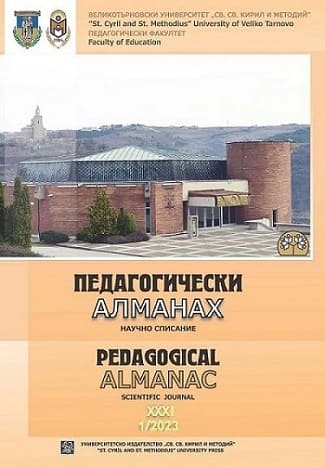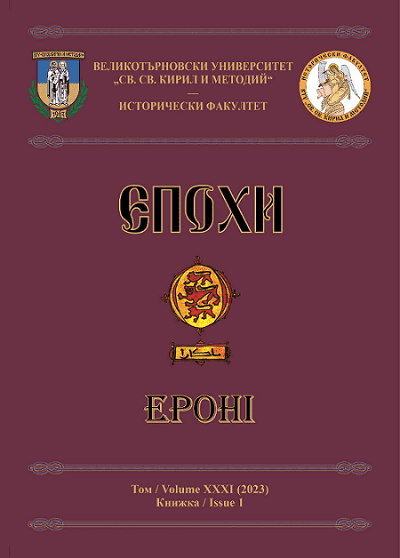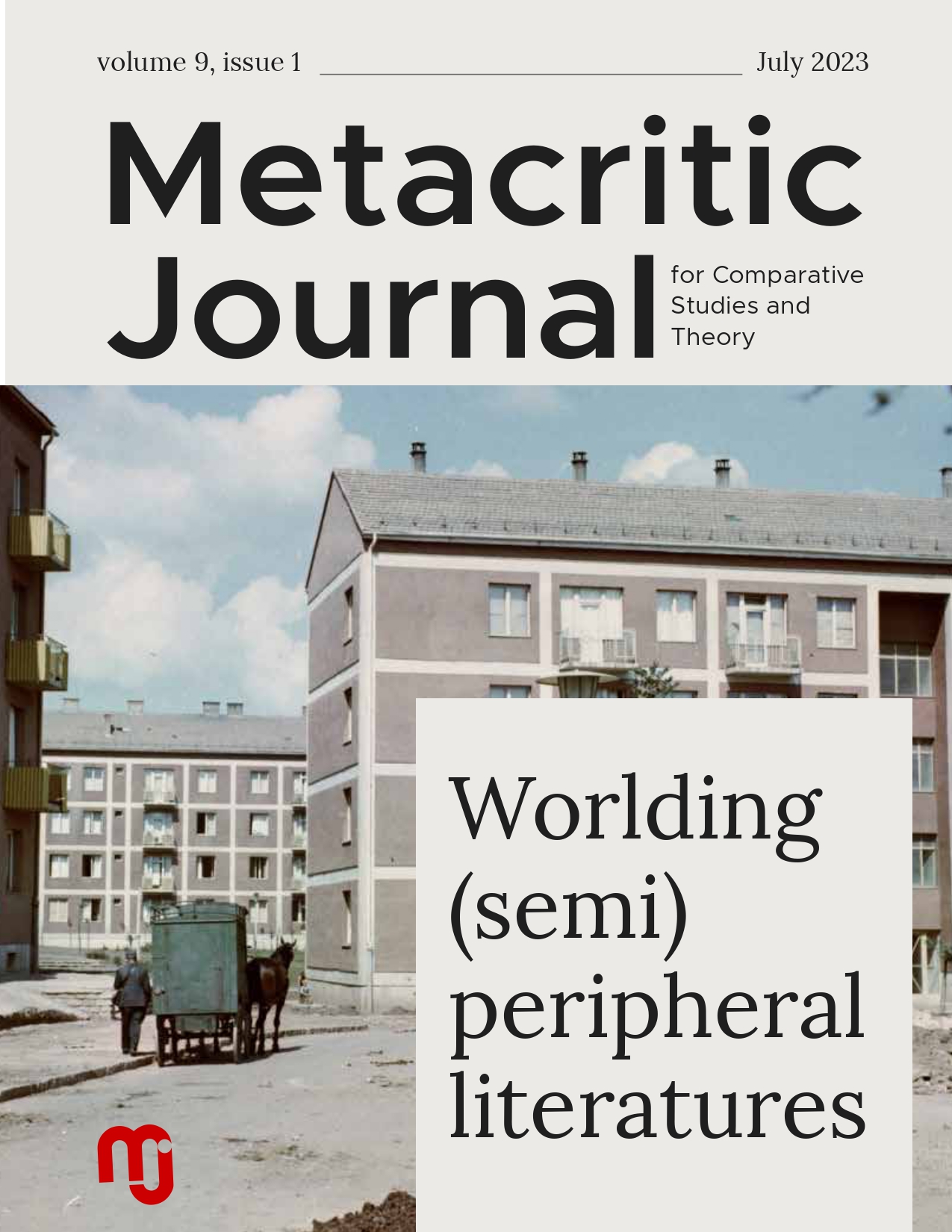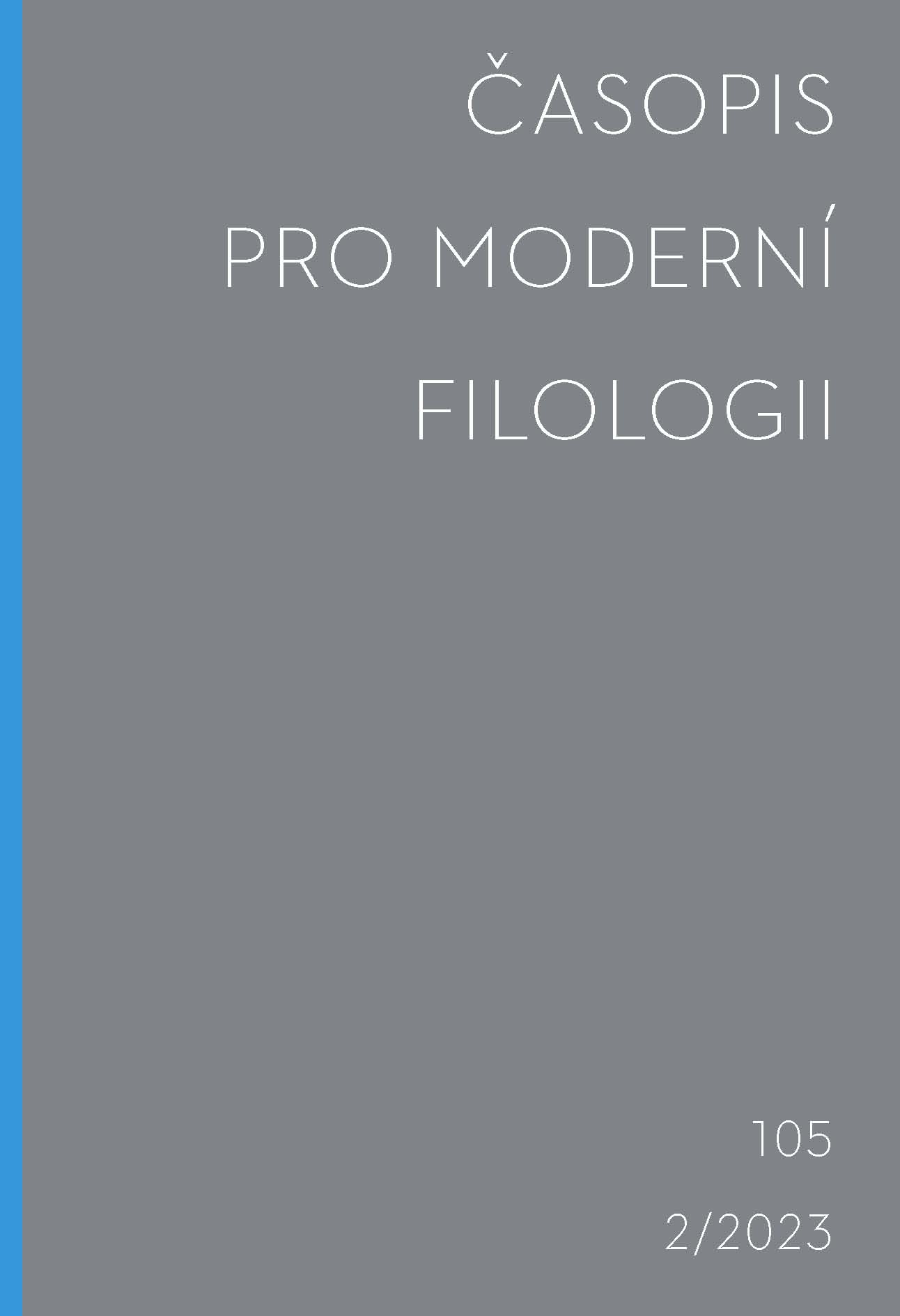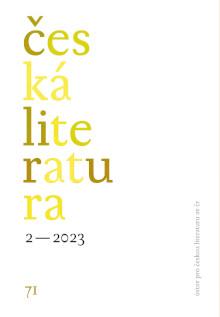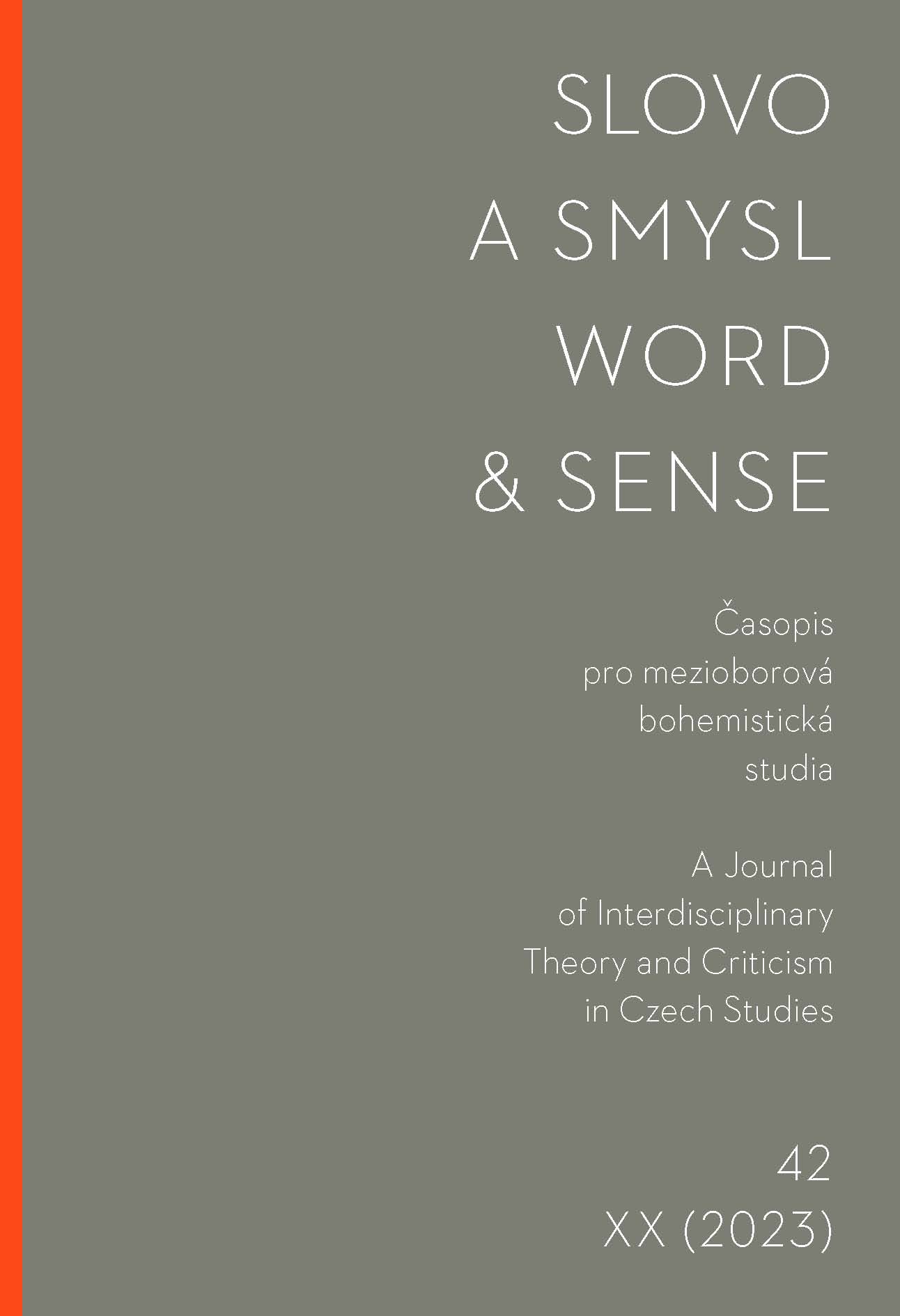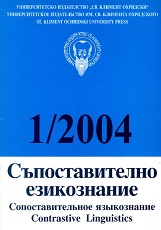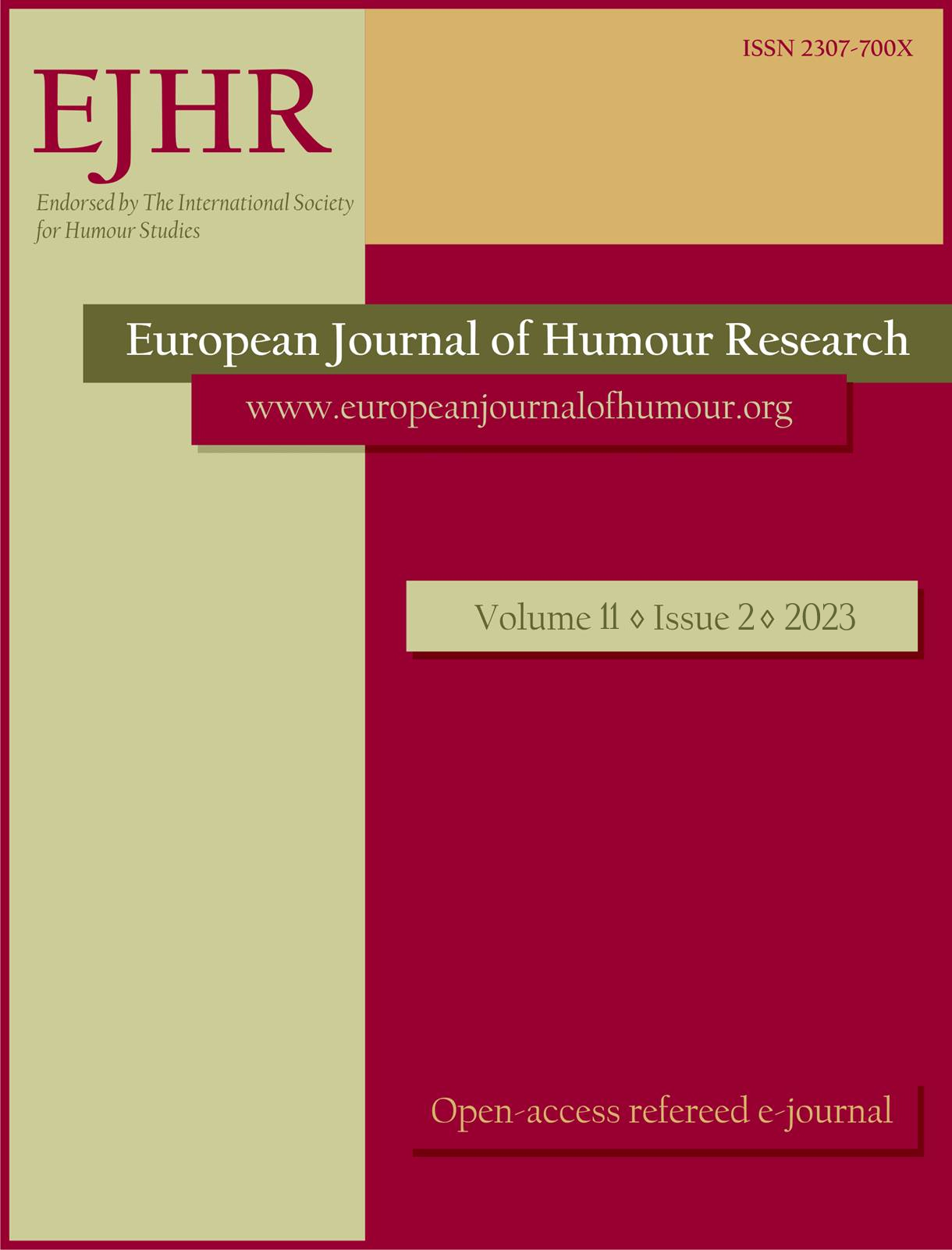
Contemporary political satirists:
The conventional understanding of the church’s prophetic witness is that it is founded on the prophets portrayed in the Hebrew Bible/Old Testament. They communicated God’s message in relation to various issues such as religious practices and loyalty to God, but also, importantly, criticism and denunciation of political and social injustice. Satirical shows, in this study, refer to the satirical news components of TV late-night talk shows, as well as internet based satirical socio-political shows, where satirical commentary forms the common thread with prophetic witness, namely the indictment of political and social wrongdoing. Specific shows referred to in this study are The Daily Show with Trevor Noah, Jimmy Kimmel Live!, Last Week Tonight with John Oliver, Honest Government Ad, and Jonathan Pie. The angle of this paper differs from other studies in that it does not look at Christian/religious themes specifically, rather any issue warranting a prophetic voice, but which is often absent. The challenge addressed in this article is to see if a link between contemporary political satire and prophetic witness can be justified theologically. A cursory overview on satire in the book of Jonah as the most comprehensive representation of the genre within the prophets is done, as well as a discussion on possible prophetic themes and examples in a selection of political satire programmes. The study concludes that, while political satirists are not prophets, when interpreted in the context of God’s kingdom, they do at times speak prophetically.
More...
